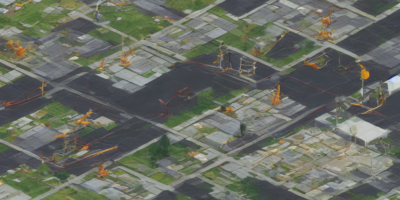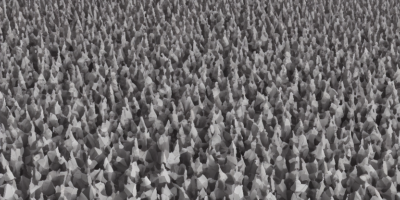In this groundbreaking research, we explore the integration of quantum computing into the established GAN framework to enhance generative models’ capabilities. By harmoniously combining classical and quantum realms, our proposed technique unlocks new dimensions in training processes, revolutionizing the landscape of machine learning.
Classical GANs have proven effective in various domains but face challenges related to efficiency and scalability. In response, we propose a novel paradigm that leverages quantum computing’s exponential speedup potential for specific problems. Quantum encoding allows for a more intricate mapping of classical data into the quantum state space, enhancing generative capabilities.
To amplify the generative power of QGANs, we introduce an augmented quantum generator term ˆVG to the Hamiltonian, influencing the generator’s evolution. This fusion of classical and quantum elements holds great promise for unlocking new dimensions in training processes, transforming the machine learning landscape.
Our research delves into the intricate interplay between quantum and classical information processing, striving to capitalize on both paradigms’ strengths. By deciphering these nuances, we aim to create hybrid quantum-classical architectures for generative models that unleash their full potential.
In essence, our research seeks to demystify the complex interactions between classical and quantum systems, paving the way for a revolutionary shift in machine learning. By harnessing the power of both paradigms, we can create more accurate and efficient generative models that unlock new possibilities in various fields, from art and design to science and engineering.
In summary, our research embarks on an exciting journey to integrate quantum computing into established GAN frameworks, unlocking generative models’ full potential. By combining the strengths of both classical and quantum systems, we can create a new generation of machine learning models that are more accurate, efficient, and powerful than ever before.
Quantum-Enhanced Generative Adversarial Networks for Efficient Simulation of Quantum Many-Body Systems



